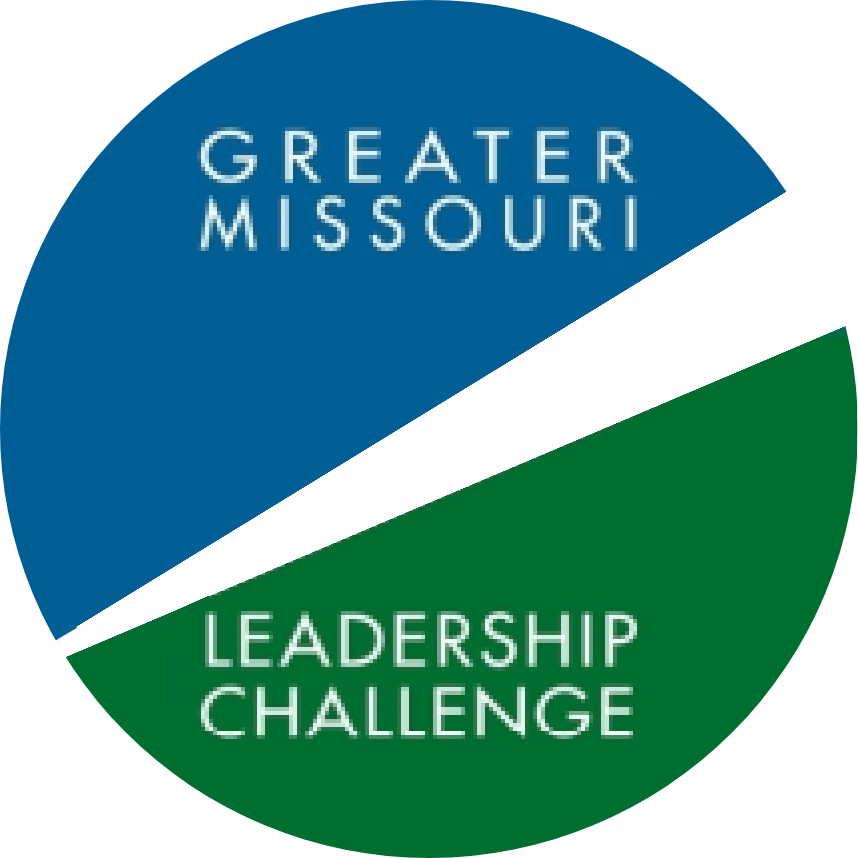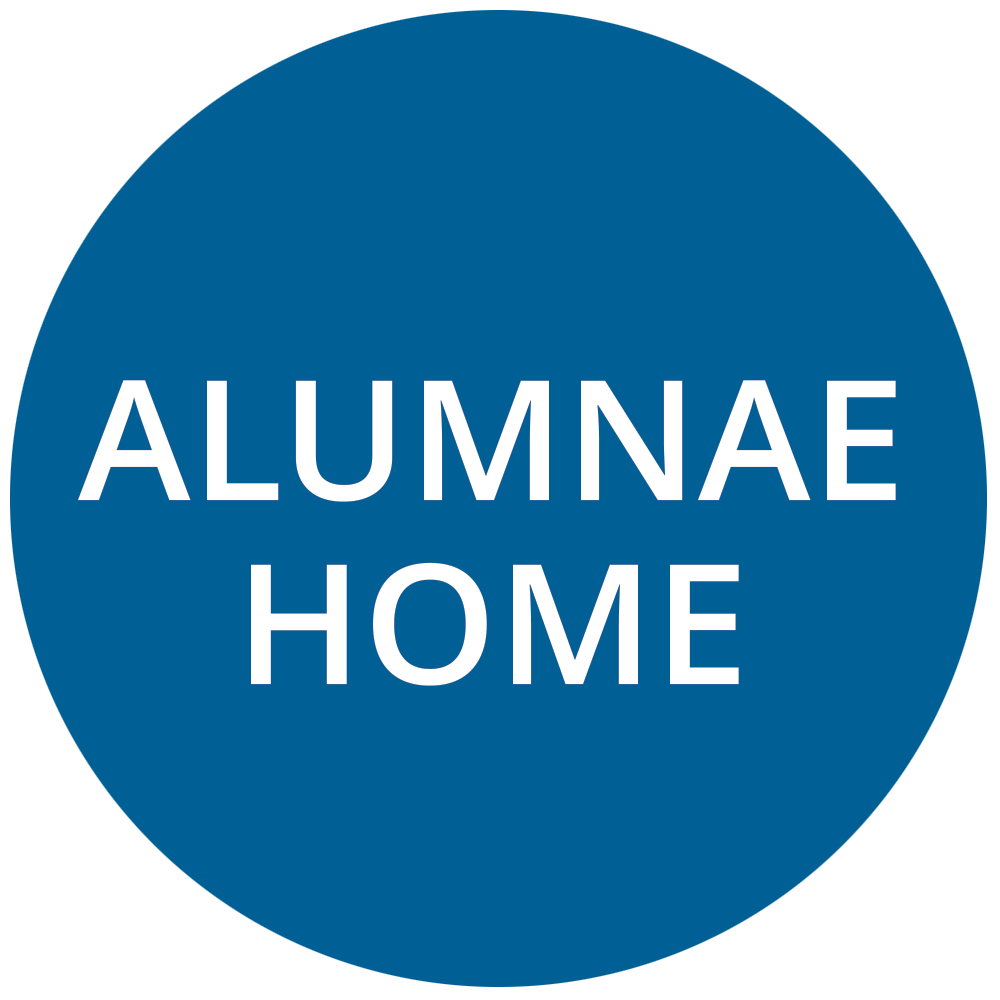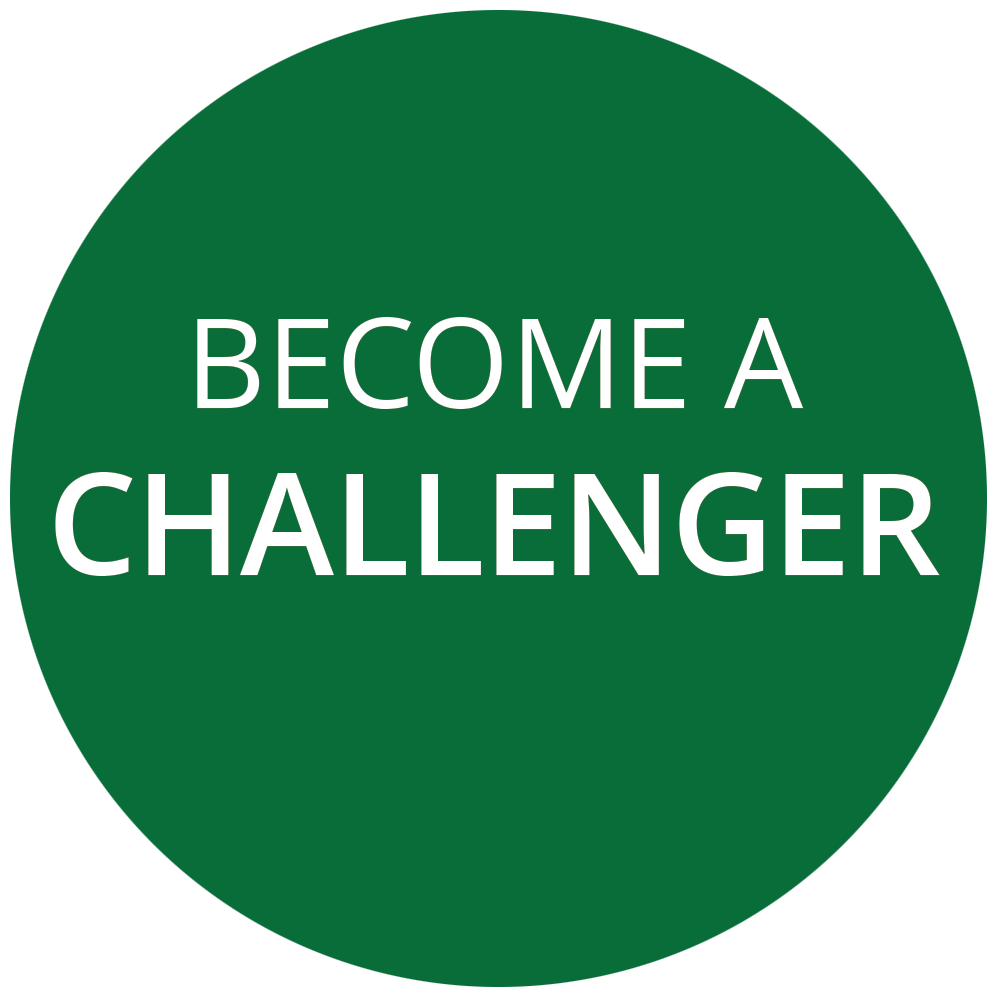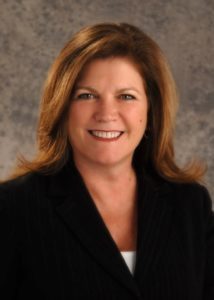COVID-19 transferred me from a face-to-face meeting planner to a digital event strategist.
Over the last couple of months I have worked with the regional team for Session Two for our Challenge Class of 2020 to effectively plan, produce and measure the results for a three-day hybrid session. I am attempting to become a self-taught authority on live stream and digital events.
But in truth I have been experiencing more paralysis by analysis than anything else. I have a penchant for wanting to deliver consistently improving events to create a best-of-class experience. I’m piloting new ways to integrate online and face-to-face session elements that is keeping me up at night. Do I need enhanced webinar conferencing software, a better external microphone, other tech tools, will we be on a secure network, should we use Zoom, Google Hangouts, GoToMeeting, Uberconference, Slack, Microsoft Teams, Facebook live streaming, Eventbrite? HELP!
I want to ensure the Class of 2020 feel acknowledged, valued, and supported. But what if my wi-fi has problems? What if one of our presenters has trouble logging in? What if few of the class members can tune in because they are continuing to juggle this new normal and they just can’t add anymore to their plate? What if our midwest June weather creates connectivity issues across the state? What if a package gets delivered and one of our participants isn’t on mute and their dog goes crazy barking in the background and interupting our presenter? What if???
Another thing I am aware of is that individuals’ experiences vary widely during this time and that the ability to work remotely in a quiet, comfortable space is a privilege that not everyone has. Unless your workplace has provided equipment to all employees, people may not have the technology necessary for regular video conferencing (reliable high-speed internet, a working webcam, a headset, etc.). Living situations and privacy concerns also vary by individual: many people live with roommates who may be also working from home, or they are balancing job responsibilities with caring for pets, children, elders, and/or relatives. Still, others might be dealing with domestic violence or substance use, without the option to change environments. Others are now shifting back into the workplace on a rotating schedule and trying to adhere to changing and updated workplace and public health rules. I know these situations exist. I hope none of them are problemmatic for our cohort. And yet my penchant for wanting to offer connection to this year’s class overrides these valid concerns about remote access.
So, like everyone else, I have pivoted. Working with our awesome KC planning committee comprised of alumnae from previous classes, we hope that this week’s digital event will be a success for all. We are aware that these three days of 2-hour increments will not replace what would have been experienced had we been able to meet in Kansas City in-person. But we hope that we have blended the need for connection with the insights from our presenters to offer value to the cohort. Special thanks to our regional planning team including Joni Wickham, Tammy Leslie, Roz Cochran, Leigh Anne Taylor Knight, Jennifer Ingraham, Hilary Wheat, Gwen Poss, Barb Wiman, and Paula Pratt.
And we hope that we can meet in person during Session 3 scheduled for Kirksville in September. But if we can’t, I will continue on my quest to be the best digital event strategist in Missouri. In fact, because of this opportunity, GMLF board members support efforts to build integrated and dynamic online experiences not only for our class but also for our alumnae. I’ll be putting my new tools to work for the betterment of our organization. Stay tuned and wish me luck!



